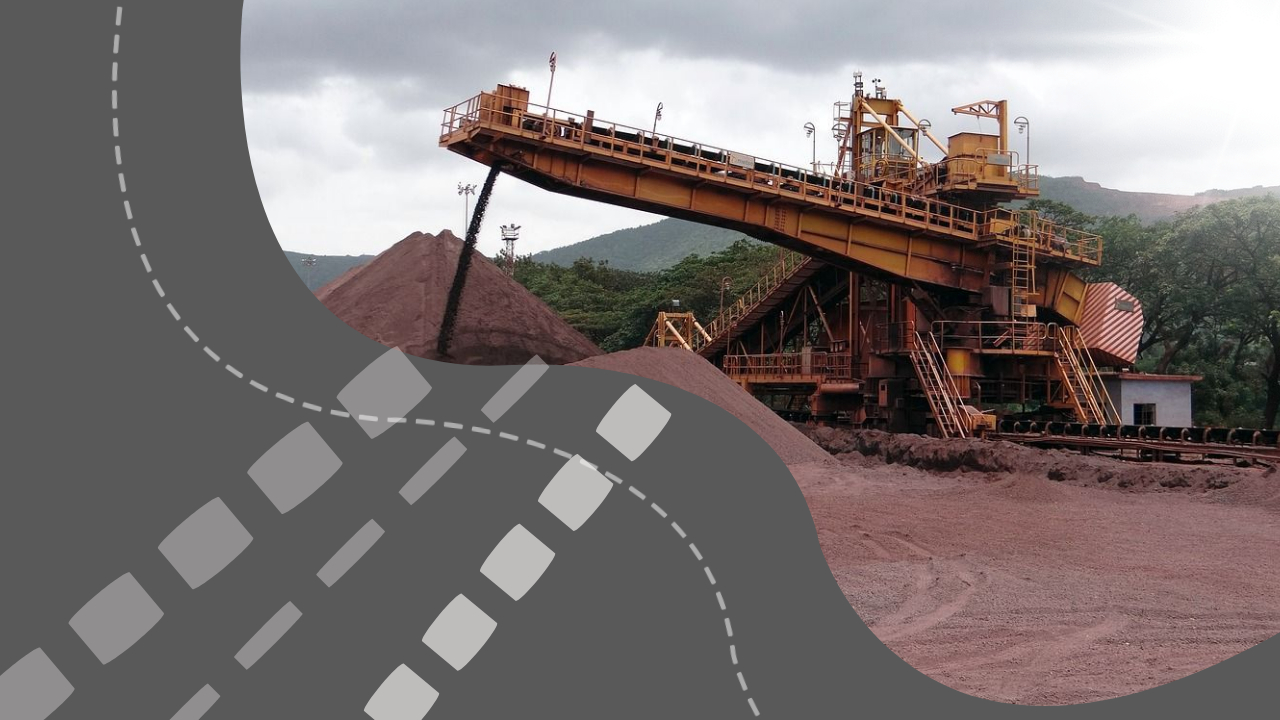Condor Energies Inc. has released its results from the second quarter of this year (Q223), including financial statements and management discussion and analysis. These documents are available on the company’s website.
The report has included the highlights of Q2. In July of 2023, Kazakhstan gave Condor a 100% working interest for six years in a 37,300-hectare lithium brine mining license. The company is awaiting final approval from the government of Kazakhstan for its 95% working interest in a separate lithium brine mining license in Kazakhstan.
In June, Condor created a US$5.9 million three-year term loan facility, with interest at 9.0% per annum, that is intended for working capital needs and corporate purposes.
Condor is undertaking final negotiations in order to run the day-to-day operations of eight gas-condensate fields in Uzbekistan. In Kazakhstan, Condor is still attempting to lock in a long-term LNG feed gas supply contract.
Prior to the government of Kazakhstan granting Condor a lithium mining license, in July of 2023, a well drilled on a previously acquired license found brine deposits that contained concentrations of 67 milligrams per liter of lithium in carboniferous aged intervals.
A 670m column of lithium brine has been identified using historical records and data from core drilling. This well touched the top of Denovian-aged sediments. Reservoir sands that were found were not tested.
Condor’s lithium licenses are ideally positioned between Europe and Asia. This location provides access to robust lithium markets. Condor’s goal is to produce lithium through closed-looped direct lithium extraction technologies, which is more cost-effective than other lithium extraction technologies.
Analyst Malcolm Shaw of Hydra Capital identified Condor Energies as a company worth looking into.
According to Shaw, “It took flight after the company announced that it is in advanced discussions with respect to taking over eight gas fields in Uzbekistan, along with an exploration block or two.”
Condor is unique because its goal is “to revitalize Soviet-era fields with standard Western development practices.” He specifically compared it to the early success of PetroKazakhstan, which sold for CA$4 billion.

